As a caring parent, it’s important to stay informed about your child’s health, including their dental development. The field of orthodontics has made impressive strides in recognizing and addressing dental issues early, even before all the permanent teeth have come in. But is early orthodontic treatment right for your child?
To answer this question, let’s explore what early treatment involves, why it may be recommended, and how you can identify potential signs that your child may benefit from it.
What is Early Orthodontic Treatment?
Often termed ‘interceptive orthodontics,’ early orthodontic treatment refers to preventative measures or interventions that can start as early as when a child still has some baby teeth, typically between ages 6 and 10. If you are suspecting that your child is experiencing potential oral health issues at a young age, the American Association of Orthodontists recommends that you bring them to a local orthodontist for an examination as soon as you notice them, but also no later than age 7.
Benefits of Early Orthodontic Treatment
The primary aim of early orthodontic treatment is to prevent or minimize the severity of orthodontic issues that could lead to more complex treatment later. This preventative approach offers a variety of potential benefits, which include:
Guiding Jaw Growth
By intervening during a child’s growth spurt, orthodontists can use various appliances to influence the development of the jaw, ensuring adequate space for the future eruption of permanent teeth. This proactive approach can help prevent overcrowding and alignment issues, ultimately decreasing the likelihood of needing tooth extractions in the future.
Correcting Protruding Front Teeth
Protruding front teeth are not just an aesthetic concern. They are more prone to accidental damage and injury, especially in active children. Early orthodontic treatment can guide these teeth back into a safer and more desirable position, reducing the risk of traumatic injury.
Potentially Shorter Treatment Time in the Future
Another benefit of early orthodontic intervention is the possibility of a reduced treatment time during the adolescent years. By guiding the growth of the jaw and addressing major orthodontic issues early, the second phase of treatment (typically with braces or aligners) could be simpler and shorter.
Improved Confidence
Last but not least, early orthodontic treatment can significantly improve a child’s self-esteem and confidence. Children can be self-conscious about their teeth, particularly if they differ significantly from those of their peers. By addressing these issues early, we can help children feel more confident and comfortable with their smiles.
Signs Your Child May Need Early Orthodontic Treatment
If you’re wondering whether your child may need early orthodontic treatment, certain physical signs and behaviors can act as warning signs, such as:
- Early, late, or abnormal loss of baby teeth
- Your child complains of difficulty chewing or biting
- Crowded, misplaced, or blocked teeth
- Habits like thumb-sucking and mouth breathing
- Speech difficulties
Remember, these signs do not necessarily mean that early treatment is needed. Only a professional evaluation by an orthodontist can determine that. If you notice one or more of these signs consistently, consider scheduling a consultation.
During a dental exam, you can also ask your pediatric dentist if they would recommend early orthodontic treatment. If they agree, they may be able to recommend a local orthodontist to you that their other patients have received successful treatment from.
Consultation with an Orthodontist
So, you’ve observed some warning signs, and you’re thinking of scheduling a consultation. During an evaluation, the orthodontist will perform a visual examination of your child’s teeth, take panoramic X-rays, and create study models (bite impressions) to assess the situation thoroughly.
Keep in mind, a consultation is just that—an assessment of your child’s dental health. It doesn’t automatically lead to immediate treatment. Your orthodontist may suggest a period of watchful waiting before deciding to proceed with an intervening treatment.
Factors Orthodontists Assess for Early Treatment
When it comes to determining whether your child could benefit from early orthodontic treatment, it’s not as simple as checking off a list of symptoms. Instead, orthodontists take into account a number of key factors to ensure the treatment is not only necessary but also timely and effective, such as:
- Your child’s age: The ideal period for orthodontic treatment is usually between the ages of 9 and 13.
- Type and severity of orthodontic problem: Some issues may resolve on their own as your child grows, while others may need more immediate treatment for healthier future development.
- Child’s growth and development: How far the jaw is in its growth and the eruption of permanent teeth.
- Child’s willingness to cooperate with treatment: If the child is not mature enough to follow instructions, the treatment may not be successful.
Types of Orthodontic Problems Best Addressed Early
While every orthodontic case is unique, certain types of orthodontic problems are particularly responsive to early intervention. These can include:
- Crossbites: An alignment condition where the upper and lower teeth do not align properly.
- Severe crowding: Where the jaw does not have enough room to accommodate all incoming permanent teeth.
- Severe underbites or overbites: Where the lower or upper jaw is significantly larger than the other.
It’s important to remember, however, that just because these conditions are typically best addressed early, it doesn’t mean early treatment is always necessary or beneficial. Each child and each case is unique, and the decision to proceed with early treatment should be made following a comprehensive evaluation and discussion with a skilled orthodontist.
Get an Early Orthodontic Treatment Consultation in St. Augustine, FL
At Henry Orthodontics, we provide expert orthodontic care to children, teens, and adults in St. Augustine, FL and the surrounding areas. With a complete range of treatment options, tailored specifically to our patients, we strive to help make positive, lasting changes to your child’s oral health.
If you are concerned that your child may need early orthodontic treatment and are interested in learning more, schedule a free consultation with us today.
